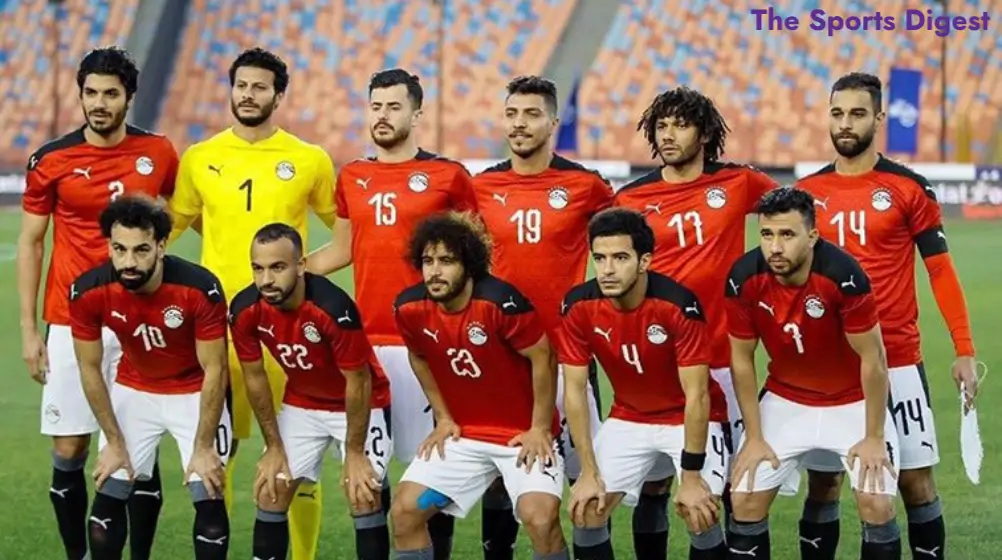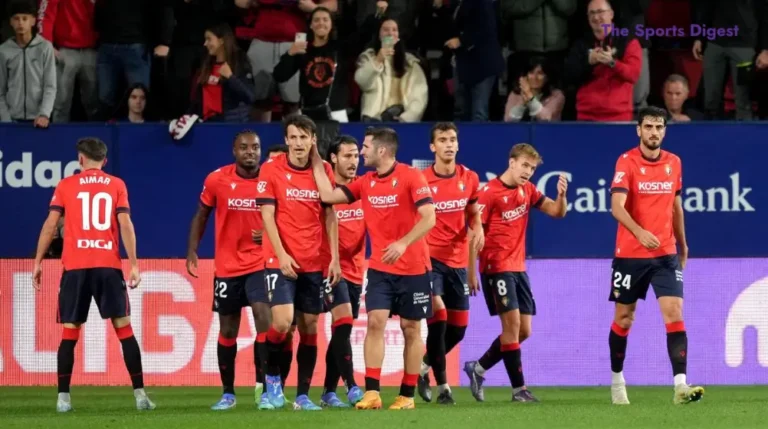The Egyptian National Team: Africa’s Most Successful
The Egyptian national football team, known as the “Pharaohs,” is one of the most famous and prestigious teams in Africa and the world. Representing Egypt, this team carries a rich history and remarkable achievements in the world of football. What makes the Egyptian team exceptional is its record of titles in the Africa Cup of Nations, especially during the period dominated by its skilled coach Hassan Shehata.
In this article, we will take you on a journey through the history of the Egyptian national team, highlighting its major milestones, starting with its brilliance in the Africa Cup of Nations, the challenges it faced in later periods, and the moments of pride achieved in the most prestigious continental tournament.
Table of Contents
The Beginning of the Egyptian National Team
The Egyptian national team was established in 1920, making it one of the oldest teams to participate in international football competitions. The team has participated in numerous African and global tournaments, achieving many accomplishments that have made it a significant sports symbol in African history. Its first participation in the Africa Cup of Nations was in 1957, where it won the tournament, becoming the first team to do so, thus starting a strong and promising journey in the world of sports.

Egyptian Dominance in the Africa Cup of Nations under Hassan Shehata’s Leadership
One of the most notable periods in the Egyptian team’s history was under the leadership of coach Hassan Shehata, where he managed to achieve an unprecedented achievement in African football history. Between 2006 and 2010, Egypt won three consecutive Africa Cup of Nations titles, an achievement that had never been accomplished before in the tournament’s history.
Africa Cup of Nations 2006
Egypt won the 2006 Africa Cup of Nations, hosted by Egypt, in a remarkable way. Under the leadership of coach Hassan Shehata, the Pharaohs triumphed by defeating Ivory Coast in the final after a penalty shootout. Key players like Mohamed Shouaib, Ahmed Hassan, and Emad Meteb played crucial roles in securing this prestigious title.
Africa Cup of Nations 2008
In the 2008 Africa Cup of Nations, held in Ghana, the Egyptian team successfully defended its title, further cementing its position as one of the strongest teams in Africa. Egypt won the tournament by defeating Cameroon 1-0 in the final, securing their second consecutive title. This victory showcased Egypt’s ability to overcome the strongest African teams despite the challenges.
Africa Cup of Nations 2010
The Egyptian team clinched its third consecutive Africa Cup of Nations title in 2010, held in Angola. During this tournament, Egypt put on an exceptional performance, winning all three group-stage matches against Nigeria, Mozambique, and Benin, and continuing their victories in the knockout stages. In the final against Ghana, Mohamed Nagy “Gedo” scored the only goal of the match in the 85th minute, leading Egypt to a historic third consecutive title, a record in the history of the Africa Cup of Nations.
Challenges After the Golden Era
After this golden period of Egyptian dominance in the Africa Cup of Nations, the team faced significant challenges in the following years. Egypt failed to qualify for the 2012 Africa Cup of Nations, which cast a shadow over Egyptian football, as results began to decline noticeably.
Failure to Qualify for the 2012 Tournament
In 2011, the biggest surprise came when Egypt failed to qualify for the 2012 Africa Cup of Nations, missing the tournament for the first time in many years. After this failure, American coach Bob Bradley was appointed to lead the team. However, under his leadership, the team failed to qualify for the 2013 Africa Cup of Nations and also missed out on the 2014 World Cup qualifiers.
- Changing Coaches : There were several changes in the coaching staff of the Egyptian team, with Shawky Gharib taking over in 2013, but failing to qualify for the 2015 Africa Cup of Nations. The challenges continued as the team struggled to achieve strong results on both continental and international levels. Later, Argentine coach Hector Cúper took over in 2015, starting a new phase for the team.
Return to Glory under Hector Cúper’s Leadership
Under the guidance of Hector Cúper, Egypt made a comeback, qualifying for the 2017 Africa Cup of Nations. In the tournament held in Gabon, the team performed strongly and topped their group. In the quarterfinals, Egypt defeated Morocco 1-0, and in the semifinals, they triumphed over Burkina Faso on penalties after a 1-1 draw. Despite losing to Cameroon 2-1 in the final, reaching the final was a testament to Egypt’s return to its former glory.
- Essam El-Hadary: An Egyptian Legend : One of the standout moments in the Egyptian team’s history is the performance of goalkeeper Essam El-Hadary, who became the oldest player in the history of the Africa Cup of Nations. In 2017, at 44 years old, El-Hadary symbolized determination and perseverance in the field. He was not just a goalkeeper but a leader of the team and one of the key reasons Egypt remained competitive.
- Egyptian Team in World Cup Qualifiers : After a period of absence from the World Cup, Egypt managed to qualify for the 2018 World Cup in Russia, after a 28-year absence. This qualification was a turning point for Egyptian football, with fans eagerly anticipating the team’s participation in the global tournament. Although Egypt was eliminated in the group stage, the participation itself was a source of pride for Egyptian football and a significant boost for future teams.
- Looking to the Future : With a talented group of players such as Mohamed Salah, who is considered one of the best footballers in the world, the Egyptian national team looks forward to achieving more success in the future. The main goal is to regain dominance in the Africa Cup of Nations and aim for the upcoming global tournaments.
Conclusion
Without a doubt, the Egyptian national football team is one of the oldest and strongest teams in Africa and the world. It has achieved historic accomplishments that cannot be forgotten. With its long history of success, the Egyptian team remains a symbol of pride and patriotism for all Egyptians. Despite the challenges faced in recent years, the hope of returning to the top remains strong, supported by the continued backing of its fans.
Have you ever read an article like this?
There are no reviews yet. Be the first one to write one.






